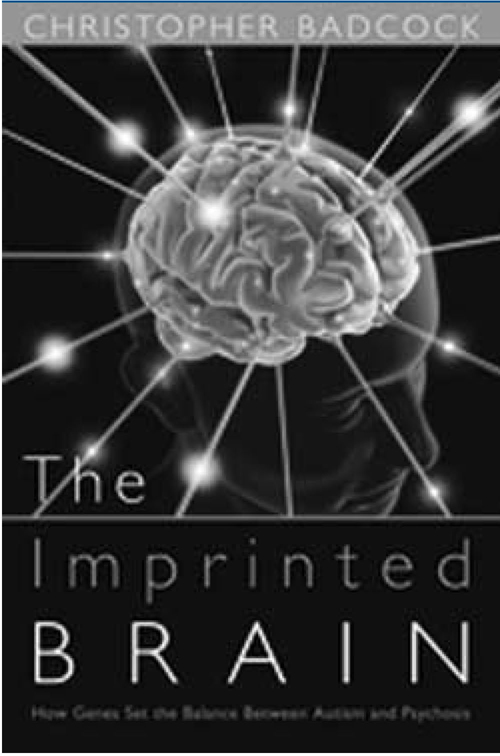
Drawing on a range of evidence from genetics, evolutionary psychology, brain imaging and psychiatry, Christopher Badcock presents his ambitious theory on the aetiology of autism and schizophrenia and the interconnection between the two. Badcock is a lecturer on evolutionary psychology, genetics and sociobiology at the London School of Economics and Political Science. He developed the theory together with Canadian evolutionary biologist, Professor Bernard Crespi.
Badcock proposes that schizophrenia and autism lie at either end of a continuum of what he calls mentalistic ability. This is very similar to the concept of theory of mind. The idea that individuals with autism do not develop a theory of mind is an old one. However, this is expanded here to suggest that what people with schizophrenia in essence have is an overactive theory of mind. Badcock explains from an evolutionary perspective how humans have developed two parallel cognitive skills – ‘mechanistic’ thinking, which is highly developed in engineers and scientists but if present to excess leads to an autistic state, and the ‘mentalistic’ mind which is underdeveloped in people with autism and overly active in those with schizophrenia. Badcock goes on to suggest that the mechanism for this is a struggle for expression between certain maternal and paternal genes – hence the book's title.
The narrative is clear and engaging, with the chapters on autism especially vivid, filled with personal accounts from famous individuals with autism and Asperger's syndrome. Badcock manages to mix subjective accounts of mental illness, perspectives from evolutionary psychology (which is often lacking in psychiatric models) and the latest research developments. He even ventures into topics such as the evolution of religion and genius.
In terms of the plausibility of the theory, it is appealing in its symmetry, offering some compelling examples of how the disorders complement each other in their symptomatology. Testable hypotheses are offered but most remain untested. More significantly, far too little is known about the relationship between genes and the aetiology of these disorders, and the understanding of the struggle for expression between parental genes is at a very early stage.



eLetters
No eLetters have been published for this article.